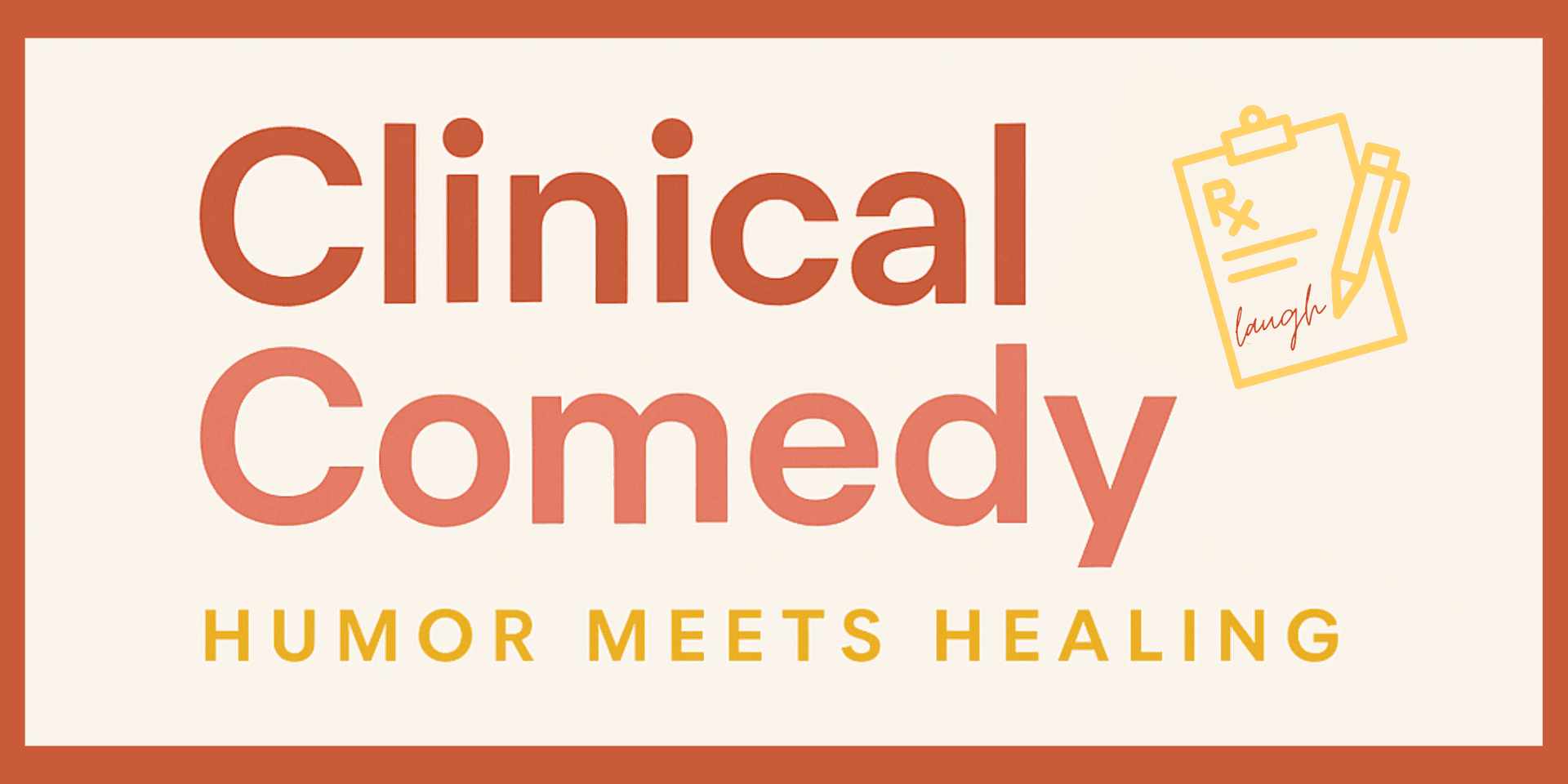Debunking Myths About Comedy and Mental Health
Understanding the Link Between Comedy and Mental Health
Comedy has long been a tool for bringing joy and laughter into people's lives. However, there's a persistent myth that comedians are often troubled individuals hiding behind their humor. While it's true that some comedians have struggled with mental health issues, it's important to debunk the myth that all comedic talents are inherently troubled. Many comedians find joy, not just in their work but in life, using humor as a healthy outlet for expression.

The Myth of the "Sad Clown"
The "sad clown" stereotype suggests that comedians are inherently sad or depressed individuals. This myth is perpetuated by media portrayals and the tragic stories of a few well-known comedians who faced mental health struggles. However, this stereotype doesn't apply universally. Many comedians use comedy as a form of art, much like painting or music, to express themselves and connect with others. For them, laughter is a way to cope with life's challenges rather than a mask for sadness.
While it is crucial to recognize and support those who face mental health challenges, it is equally important not to generalize the experiences of all comedians based on a few examples. Each individual's relationship with comedy and mental health is unique.
Comedy as a Coping Mechanism
For some, comedy serves as a therapeutic tool. Laughter can have positive effects on mental health, helping reduce stress and anxiety. In fact, studies have shown that laughter can release endorphins, which boost mood and promote overall well-being. Comedians often draw from personal experiences, turning their observations into relatable humor that resonates with audiences. This process can be cathartic, providing both the comedian and the audience with a sense of relief and connection.

The Role of Audience Perception
Another aspect to consider is how audiences perceive comedians. Often, people assume that a comedian's on-stage persona reflects their true personality. However, like actors, comedians often perform exaggerated versions of themselves or entirely fictional characters. Understanding this distinction can help audiences appreciate the art form without projecting assumptions about the comedian's personal life.
Moreover, audiences play a role in shaping the conversation around comedy and mental health. By supporting open discussions about mental health and recognizing the diverse experiences of comedians, audiences can help dismantle stereotypes and encourage a more nuanced understanding.
Promoting Mental Health Awareness in the Comedy World
In recent years, there has been an increasing focus on mental health awareness within the comedy community. Many comedians are using their platforms to share their own experiences and advocate for better mental health support. This shift is helping to create a more supportive environment for those in the industry who may be struggling.

Organizations and initiatives aimed at providing mental health resources specifically for entertainers are also on the rise. These efforts are crucial in promoting a healthier work environment where individuals feel safe to express themselves without fear of stigma.
Conclusion: Embracing the Complexity of Comedy and Mental Health
It's essential to understand that comedy and mental health are complex topics that intersect in various ways. By debunking myths and promoting open conversations, we can foster a more inclusive space where comedians are appreciated for their art without being pigeonholed by stereotypes. Ultimately, comedy has the power to bring joy, spark thoughtful dialogue, and even heal—both for those who create it and those who enjoy it.
